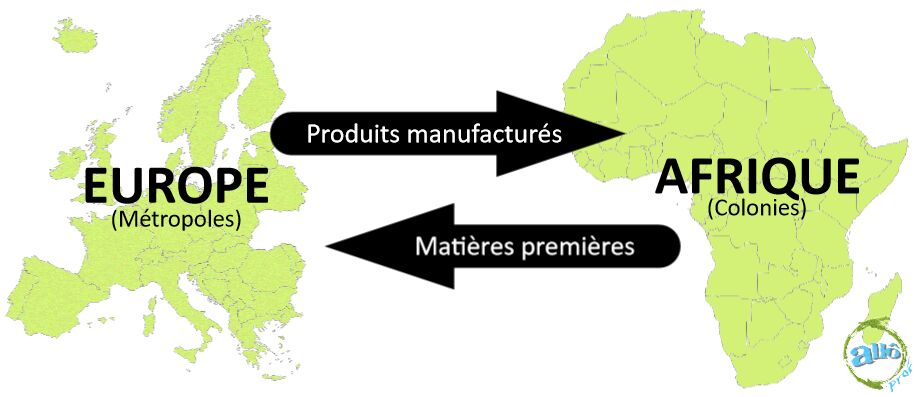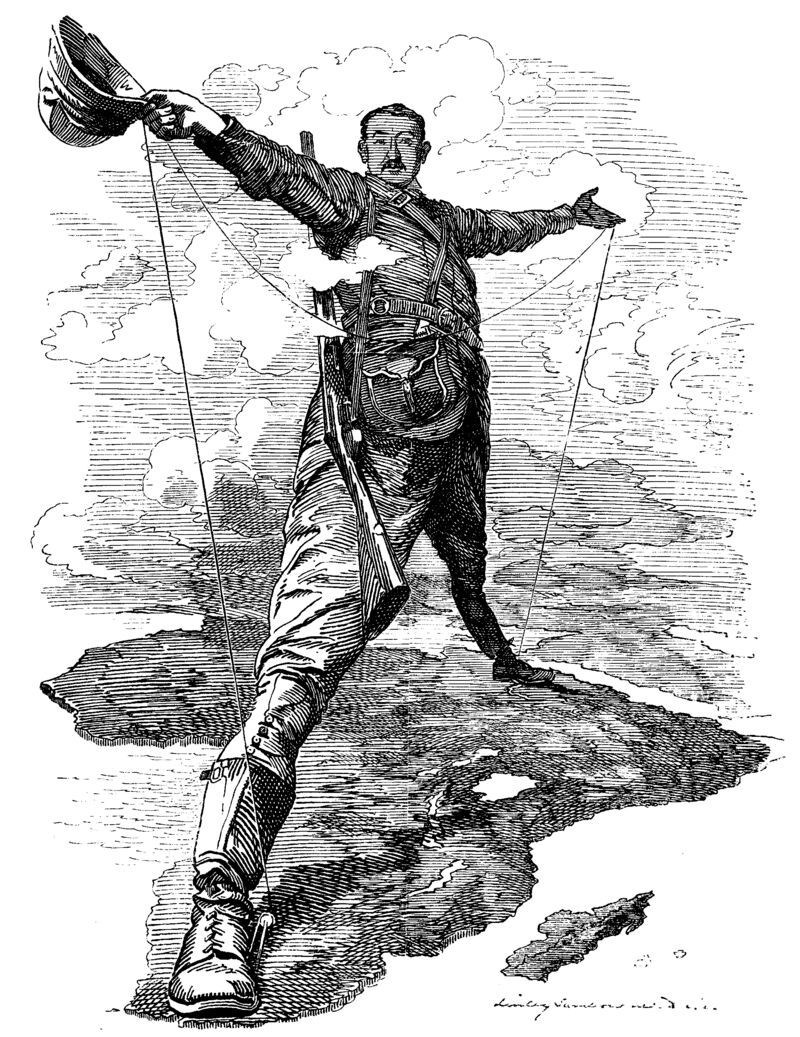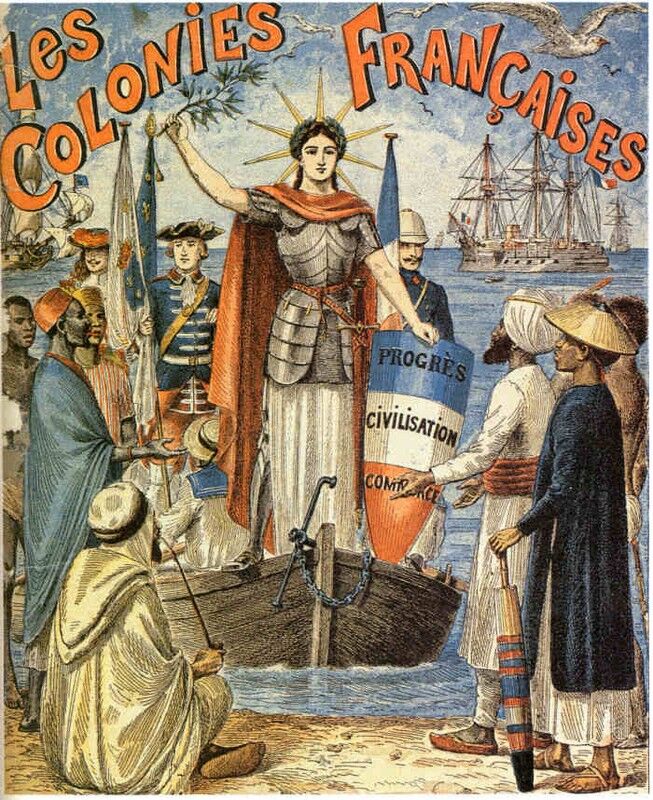The Motives behind Colonization
The Conditions Required for Industrialization
In the 19th century, several European countries wanted to become industrial powers like the United Kingdom. To do so, they needed capital, raw materials and access to a market for their factory-made products. This is precisely why they took possession of many territories in Africa.
The Access to Capital
Europe's wealthy financiers are looking for profitable projects in which to invest their wealth. Banks, for example, lend huge sums of money to business owners looking for the capital they need to buy machinery, transport raw materials and build infrastructure (roads, bridges, ports, etc.).
The Acces to Raw Materials
European industries needed a lot of raw materials to keep their factories running. Although there were resources in Europe, some were not available, and the various colonies in Africa supplied them at low cost. Europeans were interested in Africa's many resources, including minerals (zinc, lead, iron, etc.), rubber and cotton.

Europeans Have a Major Need for Cotton to Supply Textile Production in their Factories.
Access to a Market for Manufactured Products
By taking possession of new territories in Africa, the European states gained access to new markets for products manufactured in European factories. The populations of the colonies became buyers of products manufactured in Europe. For example, people living in a British colony will buy the various products manufactured in British factories, which is beneficial for the mother country.
Exchanged Products
The African colonies supplied the European mother countries with raw materials (coffee, cotton, sugar, various minerals, etc.) for the production of manufactured goods. These products are then shipped to the colonies where they are purchased.

Note: Image in English coming soon.
The Factors Explaining Imperialism
European States' Pursuit of Power and Supremacy
For a state, acquiring new territories is very important, as it provides access to new resources that can in turn be used to supply factories. Increased industrial production helps to enrich a state, which can then build up a more powerful army. Finally, this army increases its capacity to take over new territories.
Supremacy means dominating in one or more areas (e.g. military, economic, cultural, political, etc.).

Image Representing British Supremacy in Africa
The Work of Civilization
For Europeans, the colonization of Africa was justified by the fact that Africans were inferior to them and that they had to civilize them by bringing them the benefits of Western civilization. At the time, notions of racial superiority and inferiority were omnipresent. This belief in the superiority of Europeans was reinforced by the fact that Europe had undergone an Industrial Revolution. European civilisation, with its revolutionary new means of transport, its culture and its prestigious universities, was seen as superior to the African commoners or people. This is why the Europeans wanted to impose their culture onto their new African colonies.

Image Illustrating the Vision of a Civilizing Mission
















































